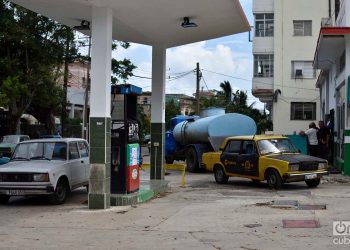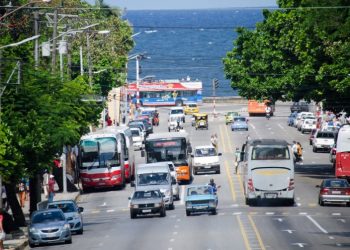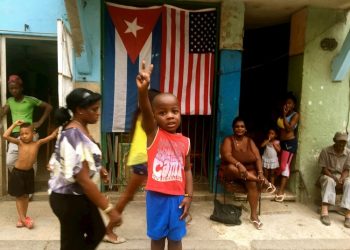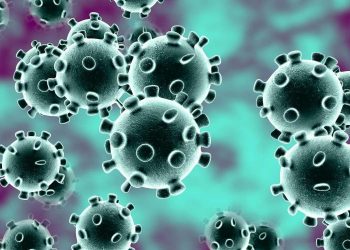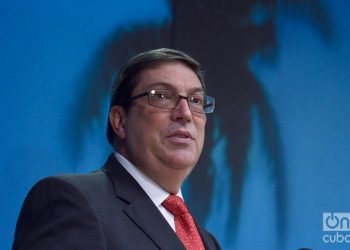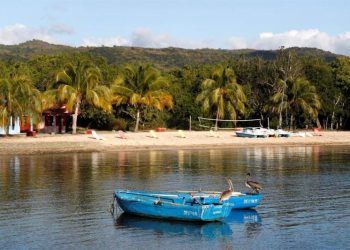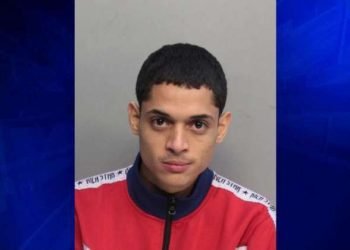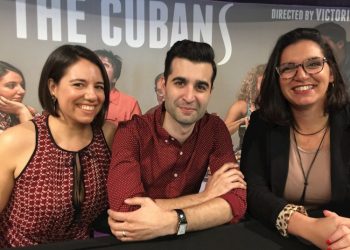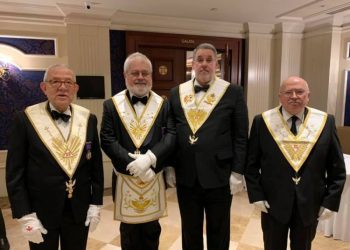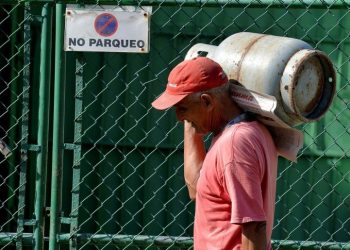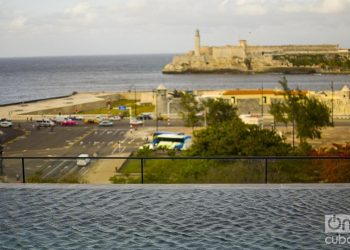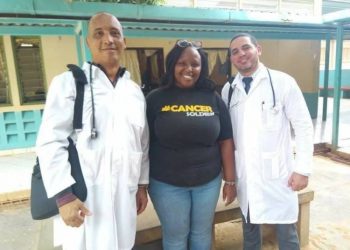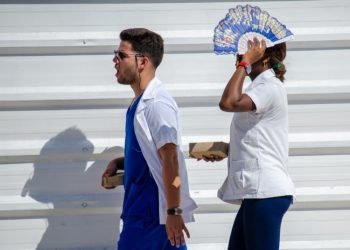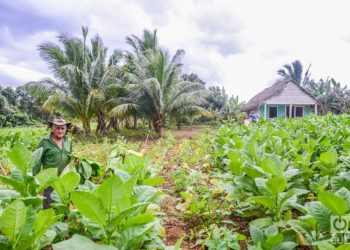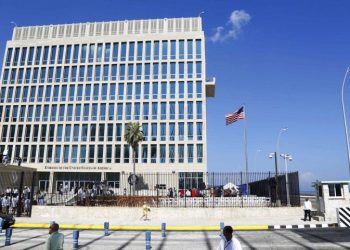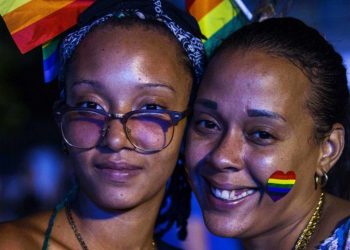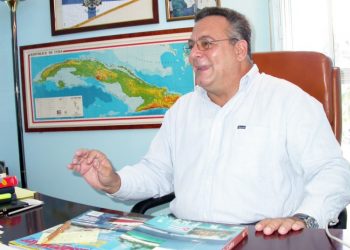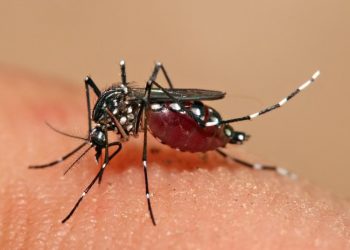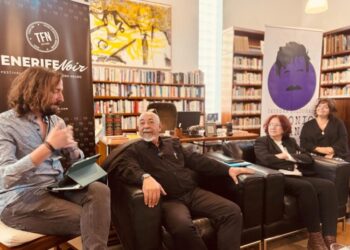Crisis and lines for fuel and toiletries throughout Cuba
Cuba is once again experiencing fuel shortage problems that have caused long lines at gas stations throughout the country, while Cubans are also struggling these days to get toiletries and other basic products such as detergent and toilet paper. The supply of diesel and gasoline has had moments of instability since last September the authorities denounced that the new U.S. sanctions were hindering the arrival of oil ships to the island, but the crisis has worsened since the end of last week. For now, and unlike what happened at the end of last year, the Cuban executive has not issued any statement to explain if new measures or restrictions will be adopted, although the managers of some gas stations are explaining to customers that they only have a limited amount of daily fuel to sell to private individuals who pay in cash. Once that amount runs out, private individuals must wait until the next day because the rest of the supply is reserved for state vehicles and other entities that have prepaid cards. https://oncubanews.com/en/cuba/cuba-reorganizes-transportation-in-face-of-energy-crisis/ The WhatsApp of solidarity Since the problems began, groups have multiplied in mobile applications such as WhatsApp or Telegram in which users share information about where...


